NHS Conflict Resolution training: Keep Everyone Safe in Your Health Service
Modern approaches to the NHS CRT requirement
Hi, I'm Gerard - thanks for visiting our website today. Here you will find information about how to bring our fresh and dynamic approach to NHS Conflict Resolution training to your team and keep everyone safer in your workplace. I look forward to exploring your needs!

Your team deserve the chance to feel confident in the face of conflict
The NHS National Syllabus for Conflict Resolution Training was developed in response to the increasing number of conflict-related incidents in NHS settings. The syllabus was created through collaboration between the NHS and the trade unions representing its staff. The goal was to provide a consistent and high-quality training program for all NHS employees, regardless of their role or location.
The syllabus was first introduced in 2007 and has since been updated and revised to reflect changes in NHS policy and best practices. The training covers a range of topics, including conflict management, communication skills, and personal safety. It is delivered through a combination of classroom learning and hands-on practice, and it is mandatory for all NHS staff.
The NHS Conflict Resolution Syllabus is designed to provide healthcare professionals with the necessary knowledge and skills to manage conflicts effectively and ensure patient safety. The syllabus covers a range of topics, including communication skills, conflict management, and deescalation techniques.
Resolving Conflict...
- Conflict resolution training can improve communication skills, such as active listening and effective communication, which can lead to better patient outcomes and experiences.
- Conflict resolution training can help to reduce workplace stress and burnout by providing staff with the necessary skills to manage conflicts in a calm and professional manner.
- Conflict resolution training can help to build trust and respect between staff and patients, leading to improved patient satisfaction and loyalty.
- Conflict resolution training can help to reduce absenteeism and staff turnover by creating a safer and more positive work environment.
- Conflict resolution training can help to reduce the risk of legal liability for the NHS by providing staff with the necessary knowledge and skills to manage difficult situations in accordance with relevant policies and procedures.
- Conflict resolution training can help to promote diversity, equality, and inclusion by providing staff with the necessary skills to manage conflicts that arise due to cultural or other differences.
- Conflict resolution training can help to improve teamwork and collaboration by providing staff with the necessary skills to manage conflicts that arise between colleagues.
- Conflict resolution training can help to improve the reputation of the NHS by demonstrating a commitment to creating a positive and safe environment for patients and staff.
- Conflict resolution training can help to improve job satisfaction and morale by providing staff with the necessary skills to manage conflicts effectively and professionally.
We know that training is time consuming and not always effective, so we do it differently!
We use evidence-based and research-informed conflict resolution training methods which are based on YOUR scenarios and the challenges YOUR team are experiencing. This makes it 'sticky' and improves the transfer of learning to your meetings, visits and encounters with others.
Conflict Resolution training developed over 25 years and used by thousands of professionals!
Are the effects of conflict spilling over into how your team performs? Is conflict holding your staff back? Are there missed opportunities to stop conflicts from escalating? Do you need to feel sure that your staff are protected from aggression?
Our clients become more confident that their teams know what to do in order to prevent conflict from escalating and how to show people respect in difficult encounters, even when that person may be vulnerable due to cognitive or other difficulties.
We offer you peace of mind that your staff are protected from the toxic effects of conflict and that every person who interacts with your organisation is treated with dignity and is shown respect.
We know that staff encounter angry, upset and distressed people in a wide number of workplaces. Perhaps your team faces abuse, intimidation and threats and they look to you for guidance in how to manage these situations professionally. You want to know that they, and the people they interact with, are safe.
We have helped many clients to ensure that staff and everyone who interacts with their organisation is kept safe from these risks. Take a look at our testimonials to see the feedback we get from our clients.
Different Types of Conflict Resolution
Conflict can be managed early, just-in-time, or later-on in an encounter timeline!
Pro-actively, by being sensitive to the triggers for conflict which we carry ourselves, and which others may be sensitive to.
Counter-Actively, by applying specific approaches to situations which are already heated, to find a path towards resolution.
Retro-Actively, when the person is already deep in crisis, to recover the person and create safety from chaos.
Conflict Resolution is Essential Professional Development
Listening and Empathising are examples of great Conflict Resolution Strategies...
"As a nurse in the National Health Service (NHS), I have encountered many situations where conflicts arise between patients and healthcare workers. Conflicts can arise due to a variety of reasons, such as differences in opinions, unmet expectations, or misunderstandings. However, as a nurse, it is essential to manage conflicts effectively to ensure that patients receive the best possible care.
One of the most important conflict resolution techniques I use is active listening. Active listening involves giving my full attention to the patient and understanding their concerns. By listening actively, I can understand the patient's perspective and identify the root cause of the conflict. Active listening also helps patients feel heard and respected, which can help de-escalate the situation."
-- Alice Blackwell RGN
-
A Nurse's Experience
-
NHS CRT DOcuments
What your team will learn
Communication Skills
- Understand the importance of effective communication in conflict resolution.
- Develop active listening skills to better understand the perspective of the other person.
- Learn effective communication techniques, such as using "I" statements and avoiding blaming or accusatory language.
- Learn how to use body language and nonverbal cues to enhance communication.
Conflict Management
- Recognize the early signs of conflict and take action to prevent it from escalating further.
- Understand the different types of conflict and how to manage them.
- Learn strategies for resolving conflicts, such as compromise, collaboration, and negotiation.
- Understand the importance of cultural awareness and sensitivity in conflict resolution.
Deescalation Techniques
- Understand the principles of deescalation and how to apply them in practice.
- Learn how to manage emotions during conflicts and stay calm and focused.
- Understand the importance of empathy and active listening in deescalation.
- Learn specific deescalation techniques, such as paraphrasing and reframing.
Patient Safety
- Understand the impact of conflict on patient safety and quality of care.
- Learn how to recognize and manage aggressive behavior to prevent harm to staff and patients.
- Understand the importance of reporting incidents of conflict to ensure patient safety.
- Learn how to evaluate the effectiveness of conflict resolution interventions and make necessary adjustments.
Your team can access Conflict Resolution training in Different Formats
Companies can access deescalation training in a variety of formats, including in-person, online, or blended formats.
In-person training can be conducted at the company's location or at an off-site training facility. This format allows for personalized attention and hands-on practice, creating a more engaging and interactive learning experience.
Online (and Remote) training is a convenient and cost-effective option that allows employees to complete the training at their own pace and on their own schedule.
Blended formats combine in-person and online training, offering the best of both worlds. This format allows employees to complete the online portion of the training before attending the in-person session, maximizing the effectiveness of the training.
Companies can choose the format that best suits their needs and budget, ensuring that all employees receive the necessary training to manage conflicts effectively.
NHS Conflict Resolution Training
The NHS Conflict Resolution Syllabus provides healthcare professionals with the necessary knowledge and skills to manage conflicts effectively and ensure patient safety. By developing effective communication skills, conflict management strategies, and deescalation techniques, healthcare professionals can create a safer and more positive environment for themselves, their colleagues, and their patients.
- 1How not to escalate everyday encounters: wouldn't it be great if your team were more aware of pushing patients, visitors and other colleagues' hot-buttons?
- 2How to deal with situations that are already "on-fire" wouldn't it be great if you had more people on your team who you could trust to put out conflict wildfires before they spread?
- 3Recognise and support people in crisis or people who are potentially violent! wouldn't you sleep better knowing that your team can recognise different conflict types and take appropriate action to resolve them?
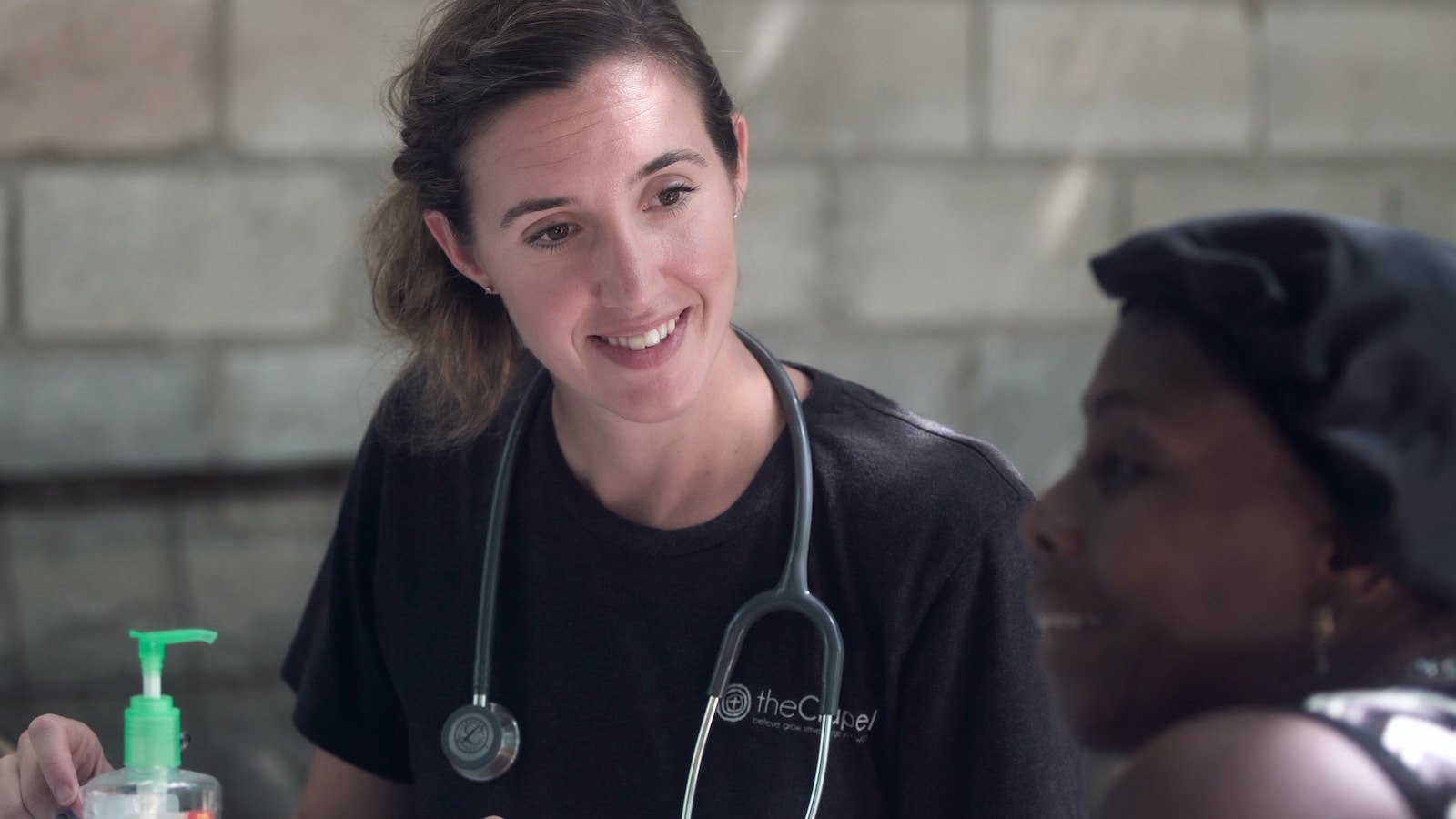
What People Are Saying About our NHS Conflict Resolution Training
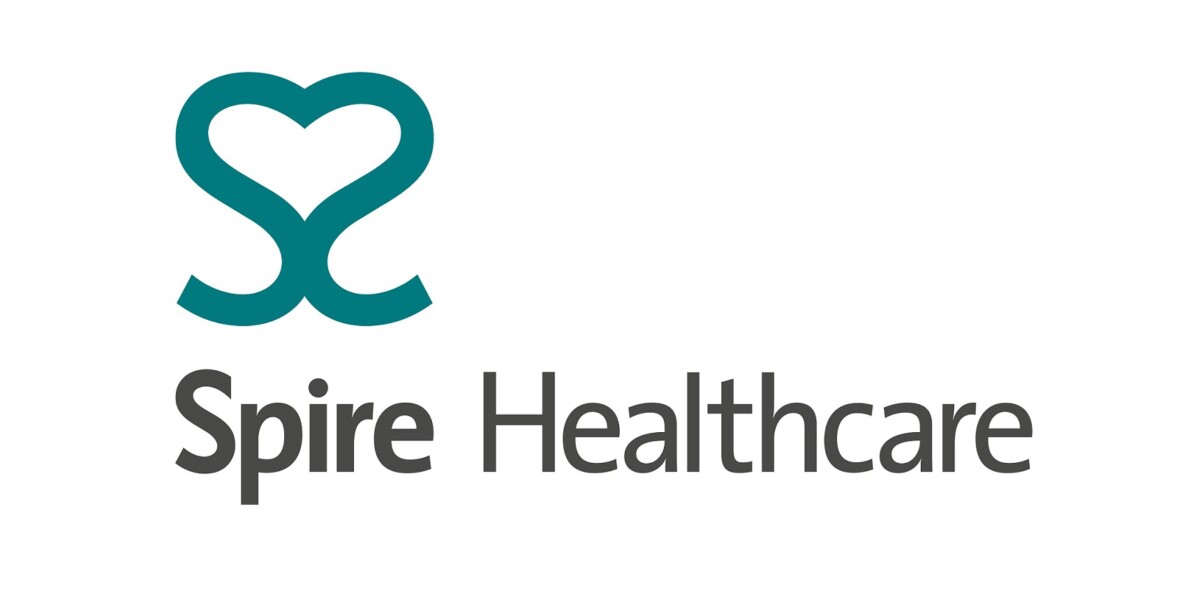
“Delivered in an interesting and empathetic way”
"The course was very helpful, informative and the tutor delivered it in an interesting and empathetic way. It exceeded my expectations and I felt that the trainer had an excellent level of knowledge and understanding of the topic. I would recommend it to colleagues 10/10!"
June Dewsbury
- Hospital Administrator, Spire Healthcare

“tailored to our circumstances..."
“The trainer was very good at engaging with attendees and knew how to get everyone involved. Very pleasant day, the course was fun and rewarding very helpful - The training was tailored to our circumstances and delivered in a friendly professional way that encouraged participation "
Samantha Allen
- Senior Customer Service Manager

“far superior"
“The level of training I had from Dynamis was far superior to any training I had in the past 32 years I have been in this line of work,this will enhance how I perform my job going forward"
Steve Collins
- Senior Manager
Serco @ Great Western Hospital, Swindon
Talk to our training advisor now...
Our Client Manager is an experienced training professional who can discuss the options for training your team, including recommendations for formats and content which will meet your specific needs.

A Few More Testimonials to Prove it Works for Real People
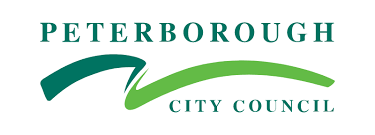
“will be able to put it in to practice"
“Much, much better than any previous course of this nature I have attended. Found it very useful, learned lots from the course and will be able to put it in to practice if ever needed "
John Woodlands
- Pollution Control Officer, Peterborough City Council
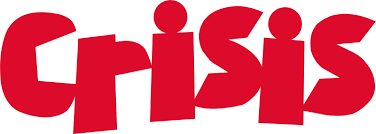
“in-depth and relevant ..."
“Very in-depth and relevant to situations but provided clear elements on psychology and human nature to interpret - this training fulfilled my expectations and the company provided an excellent trainer with the right level of knowledge and competence."
Samantha Allen
- Operations Manager, Crisis Retail
Gerard O'Dea
Deescalation Trainer
Deescalation training with Dynamis
Dynamis was established in 2006 with one owner-trainer and a focus on personal safety training. Since then our training team has grown and we now deliver training in all aspects of conflict management, personal safety and protective physical interventions across Health, Education, Retail, Leisure, Facilities and for Community-Based Teams involved in Social Work, all over the world.
We bring you confidence in conflict.
Why would you NOT invest in Deescalation Training?
When it comes to investing in training, objections are common. People may be hesitant to spend money on training, unsure of the value it will bring or if it will be worth the investment. However, deescalation training can be a valuable asset for personal and professional growth, and it's essential to overcome objections when buying training. Let's take a look at some of the most common objections people use when buying deescalation training.
"We don't have time for deescalation training!"
Time is one of the most common objections when it comes to training. Leaders may feel that their team is too busy with work or personal responsibilities to commit to training. However, it's important to remember that training can be a valuable investment in time. By investing time in deescalation training, teams can improve their skills, become more efficient, and ultimately save time in the long run. Our training formats (online, remote, blended, incremental) can be tailored to fit into or around any time constraints you have.
"It looks too expensive for us"
Cost is another common objection when it comes to training. Leaders may feel that the cost of training is too high, and they can't afford it. However, it's important to remember that training is an investment in personal and professional growth, and it can pay off in the long run - especially when we consider mental health and wellbeing of your team members, the cost of litigation when things go badly wrong, and even the risk of injury if someone resorts to violence in an encounter with your staff.
"We already know what we need to know."
Some leaders may feel that their team already have the necessary skills and knowledge and don't need training. However, it's important to remember that training can provide new perspectives, best practices, and the latest approaches. We meet a lot of teams who have over-estimated their skill levels when it comes to conflict management!
"We are just not sure if it will be valuable."
Some leaders may be unsure of the value of deescalation training and whether it will be worth the investment. However, it's important to remember that training can provide valuable insights, knowledge, and skills that can improve job performance and personal growth, not to mention fulfilling Health and Safety requirements for keeping staff and others safe in the workplace. Where risks are foreseeable, the cost of negligence ("failure to train") can be very high compared to the investment required in training.
Advantages vs Disadvantages
With Conflict Resolution Training
Without Conflict Resolution Training
Conflict Resolution Training content

100% Satisfaction Guarantee
You are fully protected by our 100% Satisfaction-Guarantee. If your team are not satisfied that we met or exceeded their expectations of the training course, just let us know and we'll send you a prompt refund.

Frequently Asked Questions
Where is training carried out?
What is the investment in training?
How quickly can I book training to happen?
How many people can attend a training course?
Is Dynamis training Accredited?
Is the training suitable for my staff and my context?
We have delivered scenario-driven, safety-focussed deescalation training for:
- NHS teams in clinical settings, acute trusts, community care and GP surgeries
- Private Healthcare teams in Hospital Administration, Portering, Cleaning and Security
- Retail teams working in high-traffic high-street locations which attract anti-social behaviour
- Leisure/Restaurant teams who work in hospitality, dealing with Dine-n-Dash, for example
- Facilities / Construction teams who have varied, complex interactions with stakeholders
- Enforcement teams who have to deliver 'bad news' to people in the community
- Asylum Seeker support and welfare teams who lean heavily on listening and empathy
- Probation support teams who use redirection and persuasion to keep people on track
- Finance teams who encourage compliance with vehicle lease/loan owners
- Electrical Engineering technicians who maintain high levels of customer satisfaction
- School teams who want to foster a great social contract with their pupils' parents
- Colleges who want to foster compliance with the rules, in a positive environment
- Community Safety Wardens who had to address the issues of knife crime in their community
Copyright -
